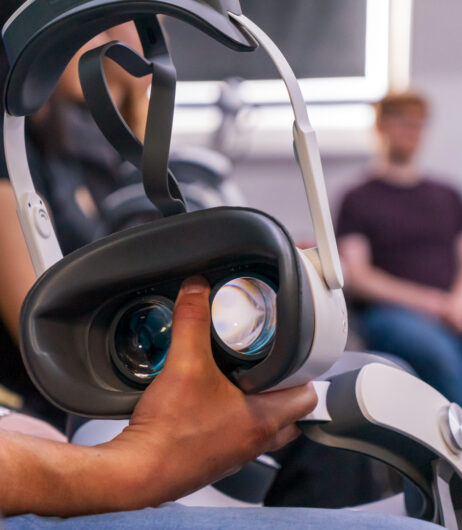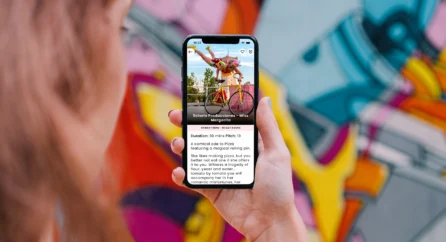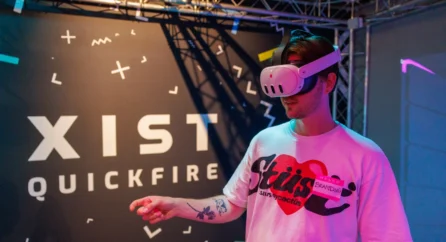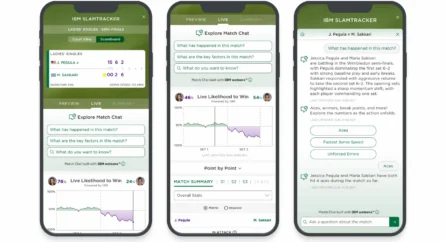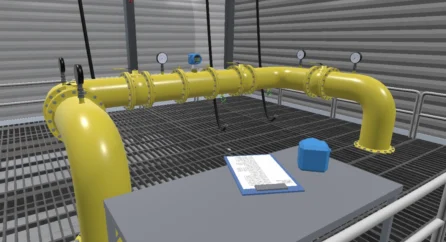Home Knowledge Base A quick guide to… Game development
A quick guide to… Game development
5th March 2021
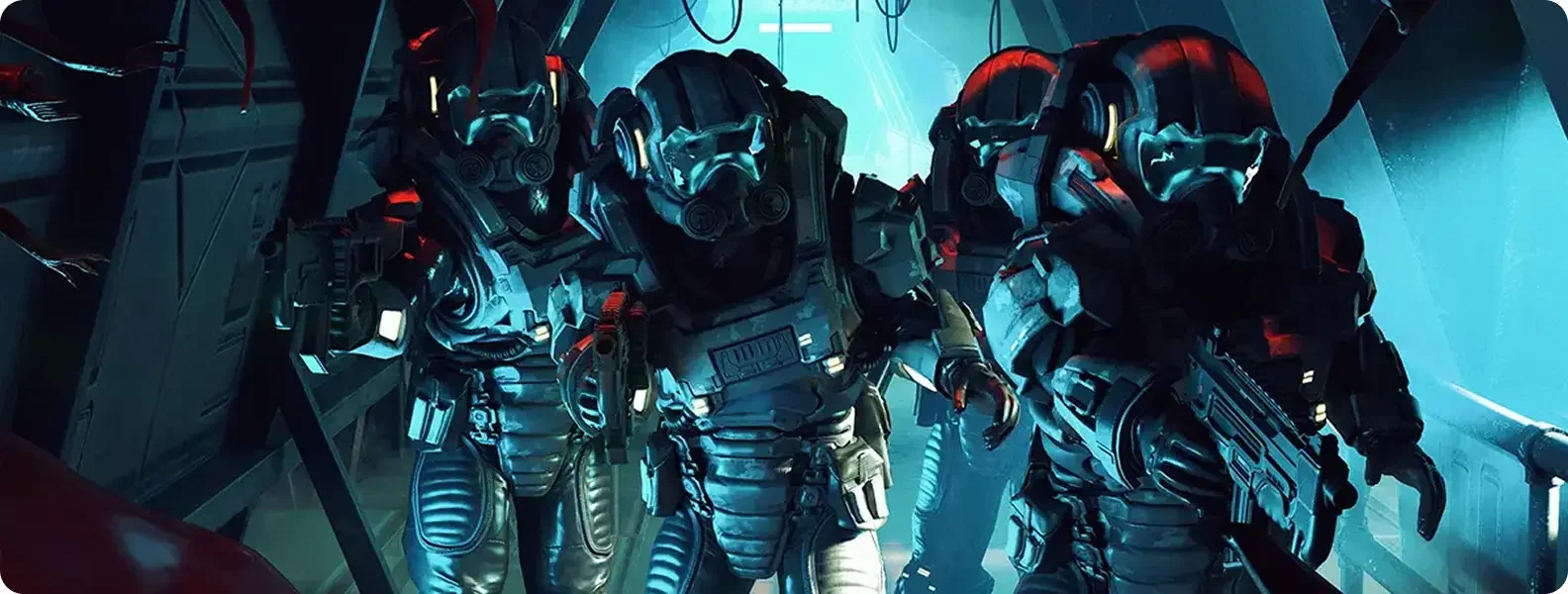
Immersive technology is versatile and varied, offering a whole range of practical uses that make our lives easier, from virtual events to AR apps. In our ‘Quick guide’ blog series, we take a look at some of the services we offer here at Infinite Form to help you understand the types of experiences available – and how they benefit you. Here we look at how and why games are such a great way to grab an audience’s attention.
What type of games are we talking?
Here at Infinite Form, we create games across a range of different tech. Naturally, immersive technology such as VR and AR offer an ideal platform – you only need to look at the success of AR game Pokemon Go, or the high numbers of Oculus Quests sold, to know that immersive technology creates a uniquely absorbing gameplay environment. However, we also create games for mobile devices and touchscreens – platforms that quickly allow people to engage with fun and interactive games either at specific events or in the palm of their hands.
Why use games?
Games introduce a level of fun into brand engagement, but they’re also effective educators. They keep audiences interested and engaged, and repeat plays help messages sink in – whether for brands or for learning. Games appeal both on a playful level and a competitive level. Incentivising games and offering prizes ensures high uptake of play, and a short but effective game can be a powerful tool at an event or show. That’s why the games we’ve created span a range of sectors, including healthcare, culture and history, and hospitality and retail.
What are the benefits?
Highly engaging
Whether they’re educational or entertainment, games get people’s attention. And then they get them hooked. A game used as a brand experience can offer hours of uninterrupted brand exposure, like the Ghost Ship game we built for Adnams, or an engaging and memorable way for a user to learn – such as the NHS game we created to teach players about diabetes. And, what’s more, games are interactive and fun. This means players are more likely to carry on using the game – and learning from it – precisely because it doesn’t feel like learning. This goes for marketing and brand exposure too.
Wide reach
Games are appealing across generations and genders. They can pull in a younger audience and ensnare an older one too, making them great for activations and events. And because of their universal appeal, they can provide an easy entry point: people are more likely to download an app if it’s offering something fun. This is backed up by the fact that 80% of smartphone users play games on their phone, split almost evenly across the sexes – with mobile and tablet gaming look set to account for nearly 50% of all gaming by 2022.
Cost-effective
Games are more affordable than you think. With ongoing advances in technology and software, building a game these days can be a cost-effective and efficient way to ensure hours of positive engagement with your target audience – especially when you use a studio who knows what they’re doing. This is because games are scalable and flexible across a range of channels. From smartphones to tablets to laptops, PCs, consoles and VR rigs – you can make games for all of them, which means there’s always a platform that best suits your budget and your audience.
How do we do it?
We understand that games are an important player for brands. Our expert team has ongoing experience in game design, from concept to development to game testing to deployment. We’ll discuss the idea you have in mind and help you shape it to the right platform for you, helping map out functionality, create assets and devise narratives. We’ll build it all in house and help you deliver it too, whether it’s a mobile game, an event activation or a VR arena.
Related posts



